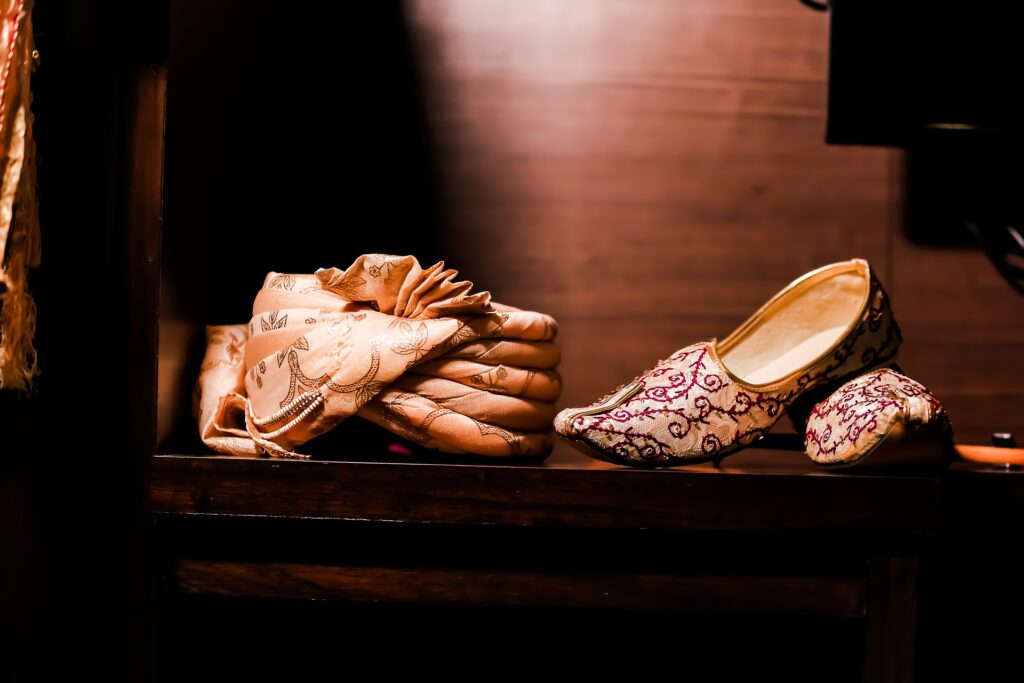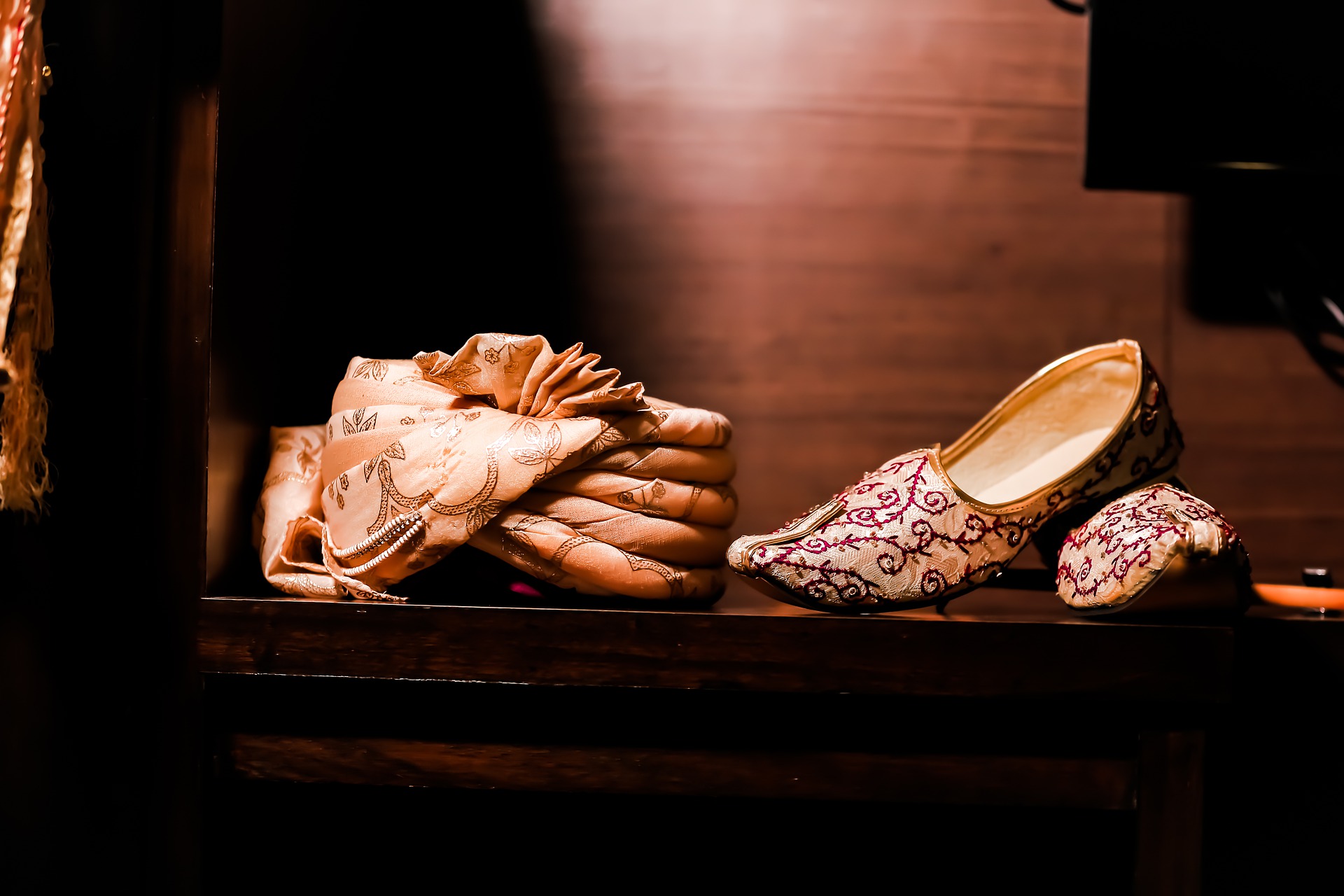
For those of you who do not know the definition of Dahej, also known as Dowry, it is the amount of money given by the Bride’s family to her to be husband before their marriage. Dahej is the amount of money paid only by the bride’s family and not the husband’s family.
Despite living in the 21st century, and this act being illegal, in certain social situations this maybe an unavoidable topic. And lets be honest, many families may still go ahead with this act rather than breaking it off. I fail to see why. Therefore, the purpose of this article is to give the Bride’s family another perspective towards this situation; and hopefully that will help a bold bride raise a very reasonable and logical question as to why Dowry / Dahej is just illogical. Irrespective of its legal state, it should not be followed.
If Dahej or Dowry is to be continued despite it being illegal, lets give it the 21st century upgrade? Shall we? Ladies, this is power to you since you are the ones who are the “Investors”. Take yourself out of the “oh I owe this person money” and move towards “hmm, is this an attractive investment? Can I get better returns for the same amount of money elsewhere” perspective.
The first obvious question that arises is who determines this value. Well, just like in equity trading, its you! I mean, you are the one who needs to pay. So if you say no or start to negotiate, then the price would change.
Now that this perspective is set, lets carry on with this humorous article. Should we?
Whats is the 21st Century Twist to Dowry / Dahej?
Whenever someone spends money, there are usually only two reasons, either the money spent has to result in a certain amount of utility, or the money spent has to generate an acceptable amount of return on top of the principle amount.
Within economics, the concept of utility is used to model worth or value. So, do you have a utility score for your to be husband? If not, make sure you take into account everything that matters the most to you and put a utility score for this investment. If the score is not good, need I say anything?
If you are investing for better returns, then do you know if your current investment has the potential to give you the desired return on investment? You might need to tweak the formula a little to calculate this better for this situation, but the idea is for you to have a personal 10-15 year goal and see how does this investment help achieve that goal. I mean, marriage is a long term investment, right?
Something I joke to myself in this situation, you should also ask yourself what is the multiplier value of your investment. You ask what that is? Well, lets say the current value is Rs 100 and you are paying Rs 1,000. That makes the multiplier to be 10 times. Its simple, Amount to be paid / Current Value. If the multiplier is too high, you need to reason with yourself if the investment is too risky.
hey, if all this works out and you do get married and find yourself 20 years later, this can be a humorous topic of discussion with your husband about how you evaluated his at the time worth and what still made you say, yes!
Another possible twist to your situation after doing this exercise, you might realize that his family is the one who should be paying you for your future services since the opposite is just not worth the monetary value.
And that is the 21st Century twist to this age old tradition; the bride being paid the dowry amount because the other way-round just does not justify the investment.
Now obviously this is a humorous approach to a practice that should not be practiced any more, but if you do find your self in that situation, this should be a good discussion point with the to be husband family.
The guys who are reading this and intend to ask for Dowry or Dahej, you better hope your girl has not read this article and comprehended well enough. Peace!
-Anant Agnihotri


Well that’s certainly an interesting take on a rather sensitive subject, but I feel it is still incomplete. Keeping to the humour in your article, if I could, I would like to expand your hypothesis:
Rather than being a valuation for the husband alone, the dowry is really the equilibrium point of the valuation for the woman and valuation of a man.
Lets assume the valuation of woman is the sum of current cash flow (down payment / dowry) plus the present value of future cash flows and the valuation of man is present value of future cash flows.
So at equilibrium, we have:
D + PV(CFw) = PV(CFm) —- eq1
By rearranging eq 1, we get
D = PV(CFm) – PV(CFw) —- eq2
Using eq2 we can ascertain the appropriate value of the Dowry (if at all).
This in fact opens up a whole new line of thought: In today’s day and age where it is very possible that the woman can be the primary bread earner of the house, can a woman be paid dowry too??
Hahaha! Epic work! And yes, if society continues to ask for Dowry, then the 21st century twist is that a women could also ask for dowry… 😛
21st century twist? No one should pay anything or weigh anyone. Its not an investment of money….it’s emotions
I agree!